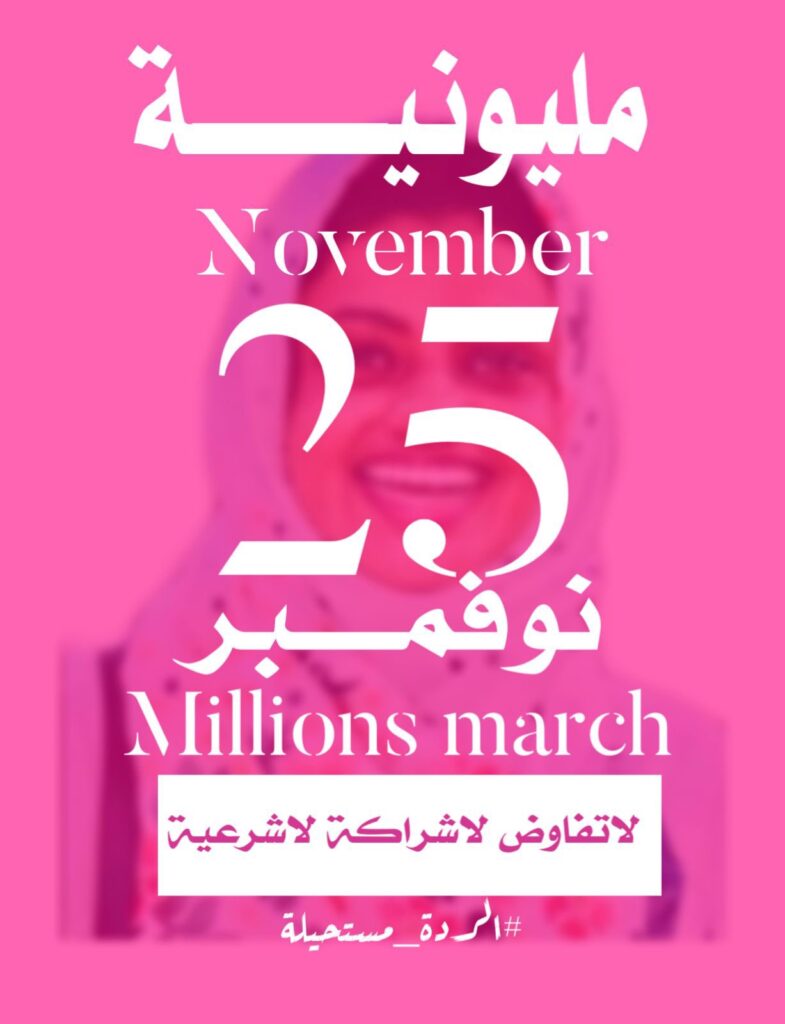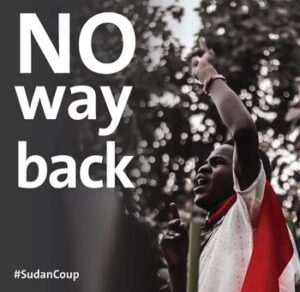
Screengrab
Sudan’s military has announced a deal to reinstate Abdalla Hamdok as prime minister, just under a month after dissolving his government in a coup, Reuters reports. The military leadership on Sunday released Hamdok and signed an agreement reinstating him to office as part of a gradual transition to democracy.
The agreement ensures the prime minister has the “power and the authority” to form an independent and technocratic government in “absolute liberty and without any pressure,” Hamdok told Al Jazeera. The cabinet currently being formed will focus on establishing a constitutional conference and holding elections by June 2023, to complete “the transition to democracy and its related obligations”.
However, as Joseph Siegle, director of research at the Africa Center for Strategic Studies, told Vox on Sunday, the full contents and context of the agreement — as well as what each side had to surrender to reach it — are still unknown.
“There’s a lot of room for interpretation and misinterpretation,” Siegle said, including as to what role the military will be expected to play in the restored transitional government.

Screengrab
Tens of thousands took to the streets on Sunday, rejecting any negotiation or partnership with the leaders of the coup, and rejecting the agreement signed in Khartoum yesterday to return the country to democratic transition in terms of the Constitutional Document, Sudan’s Dabanga news adds.
In a recent Journal of Democracy essay, William & Mary’s Sharan Grewal highlighted three key factors to explain why Sudanese protesters—unlike their Algerian counterparts—were able to convert their 2019 revolution into a democratic transition:
1) a highly organized and unified protest movement
2) a regime divided between the military and paramilitary, and
3) a united, international front pushing the military to negotiate.
While Burhan’s reinstatement of Hamdok is a promising start, protesters know that simply returning to the status quo ante will not resolve the underlying tensions that led to the coup in the first place, and could allow Burhan to better prepare a coup next time around, Grewal notes in an update:
On the other hand, protesters also need to be wary of the lessons from Algeria, where the protest movement, refusing to negotiate, was simply ignored by the military. In Sudan, protesters should instead leverage their people power to push for a new, better deal—one that ensures full civilian control over the transition. This is a tall task, and will likely require some form of immunity and safe exit for Burhan and Hemedti.
“The fact that the junta has handed power back to Hamdok is a positive development, but it remains to be seen what this will mean for actual civilian control over the military and government,” Naunihal Singh, a political scientist and the author of Seizing Power: The Strategic Logic of Military Coups, told Vox via email.
“The question remains, will PM Hamdok have the ability to pursue his policy goals in an unrestricted fashion, or has he had to accept limits as part of a pact that allowed him to return to nominal power,” Singh said.
Following the Taliban’s takeover of Afghanistan, the US is under pressure to avoid another resounding defeat for democracy abroad. And the consolidation of a Russian and Turkish—and, potentially, Chinese—presence in the strategically sensitive Horn of Africa is the last thing the US needs, notes Shlomo Ben-Ami, a former Israeli foreign minister, and vice president of the Toledo International Center for Peace.

Screengrab
To avoid a regional conflagration, the US must use its leverage to harness the support of Israel, Egypt and the UAE for a transition to civilian leadership in Sudan, he writes for Project Syndicate (via ASPI):
Sudanese civil society* is doing its part, mounting a powerful resistance campaign, despite brutal repression by security forces. This mobilisation has much in common with that which triggered al-Bashir’s fall. (No such campaign can be seen in Libya.) Sudanese protesters are not alone. The African Union has ramped up political pressure on al-Burhan, and Western countries and the World Bank have suspended aid.
But more must be done, Ben-Ami adds. Only with the West—led by the US—on its side can Sudan avoid Libya’s fate and resume the path towards civilian rule.
*Including partners of the National Endowment for Democracy (NED).







